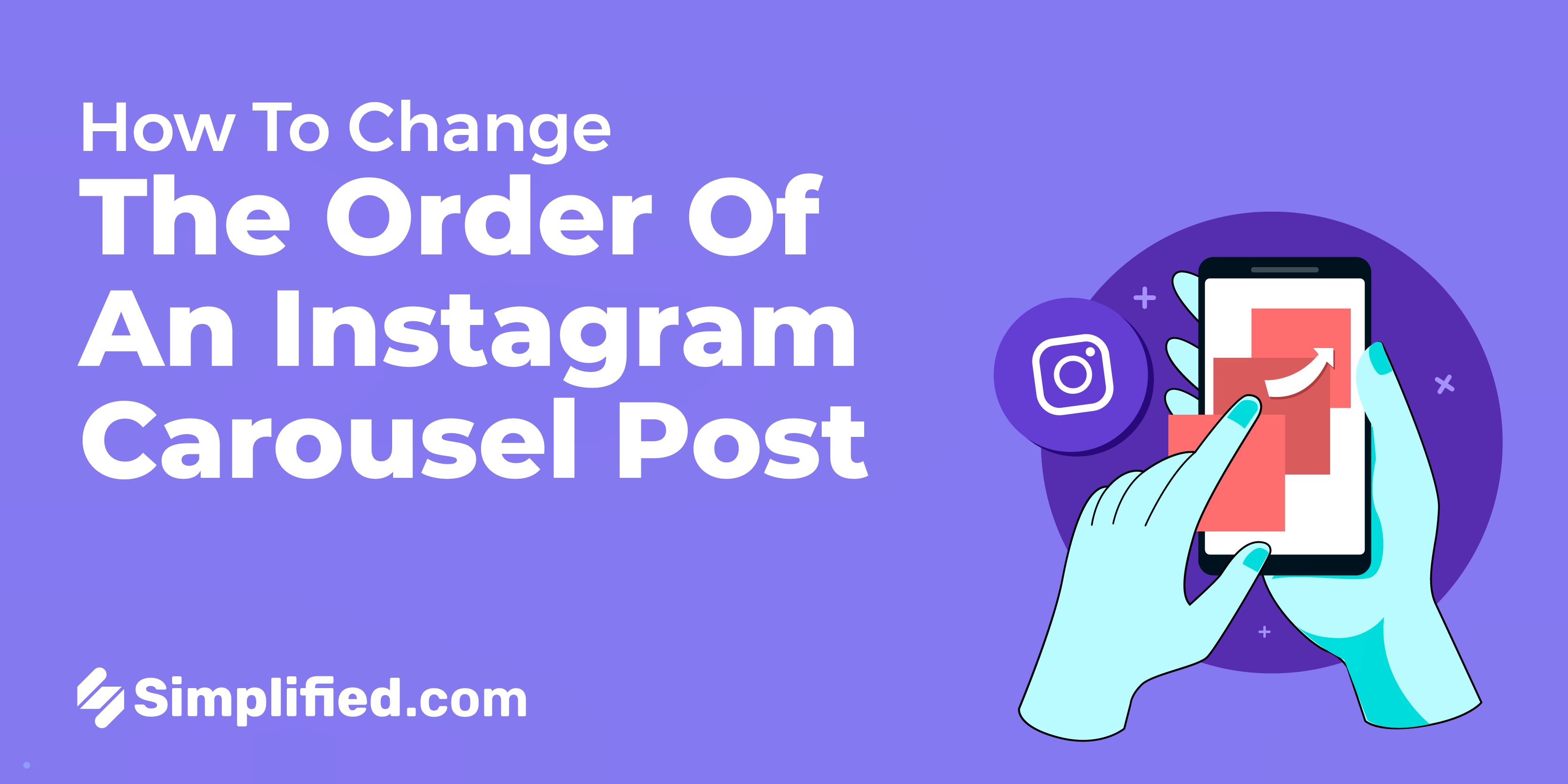What do you mean by CPC?
CPC, also known as cost per click, is a metric utilized in digital marketing and social media advertising to indicate the amount an advertiser pays for each click received on their advertisement.
How does CPC function?
When advertisers engage in campaigns on social media platforms like Facebook, Instagram, or Twitter, they have the option to pay based on the number of clicks their ad receives. This payment structure is commonly employed in pay-per-click (PPC) advertising models.
The cost per click is calculated by dividing the total expenditure on the campaign by the number of clicks generated. For instance, if an advertiser spends $100 on a campaign and the ad garners 200 clicks, the CPC would be $0.50 per click.
What is the significance of CPC?
CPC holds substantial importance as it enables advertisers to assess the efficacy and efficiency of their campaigns. It allows them to evaluate the cost-effectiveness of their advertising endeavors by analyzing the expense associated with acquiring each click. Lower CPC values generally indicate more efficient campaigns, suggesting that the advertiser is obtaining clicks at a reduced cost.
Advertisers can optimize their campaigns to achieve lower CPC by refining their targeting, enhancing ad relevance, and improving the overall quality and performance of their ads. CPC can fluctuate based on factors such as the social media platform, ad placement, audience targeting, industry competition, and the quality and relevance of the ad itself.
Through vigilant monitoring and management of CPC, advertisers can make data-driven decisions to maximize their return on investment (ROI) and accomplish their advertising goals while staying within their allocated budget.
.webp)













